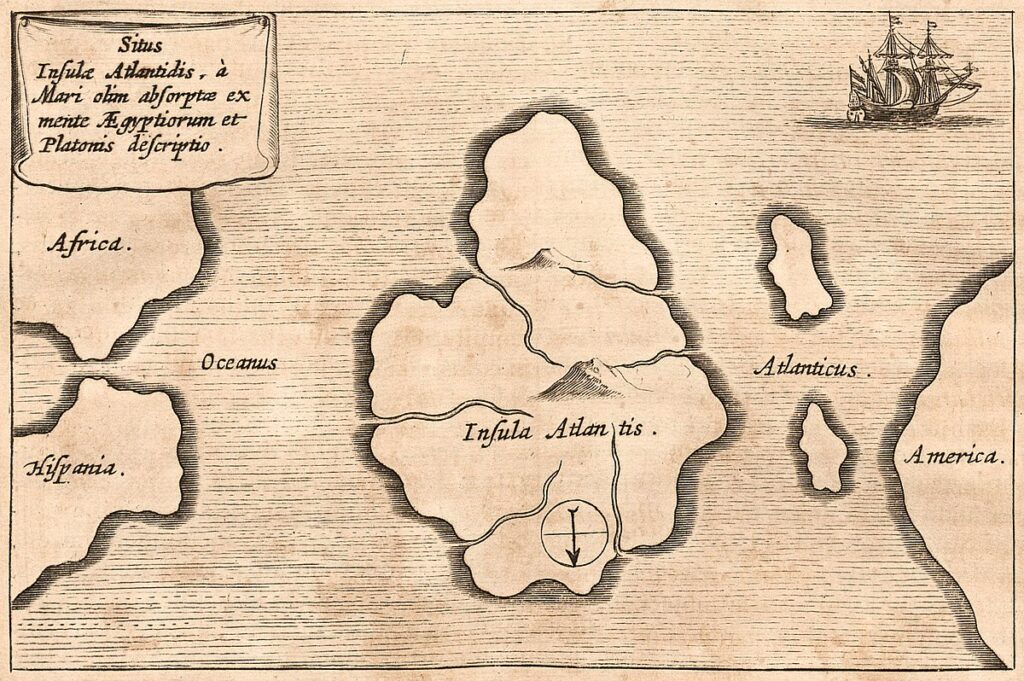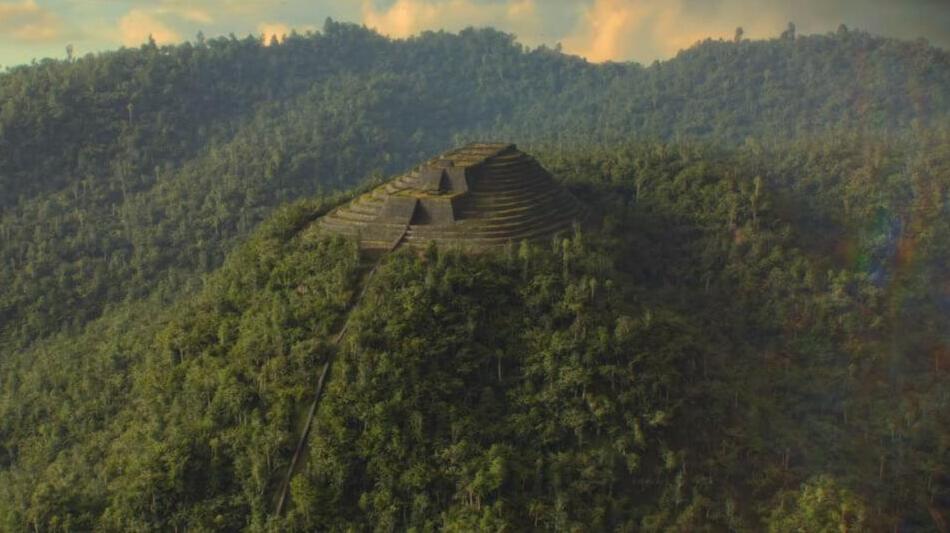About Atlantis
Atlantis is a legendary island nation first mentioned by the ancient Greek philosopher Plato. According to his dialogues, Timaeus and Critias, Atlantis was a powerful and technologically advanced society that existed many thousands of years before the time of ancient Greece. The island was said to have been located beyond the “Pillars of Hercules” (the modern-day Straits of Gibraltar) and was described as a lush, fertile land with a sophisticated system of canals and a wealthy, powerful people.

However, the story of Atlantis also includes a warning about the dangers of pride and greed. According to Plato, the citizens of Atlantis became arrogant and began to use their wealth and power to conquer other nations, which ultimately led to their downfall. The gods became angry with the people of Atlantis and destroyed the island in a single day and night of earthquakes and floods.
Since the time of ancient Greece, the story of Atlantis has captured the imagination of people all over the world, and many have attempted to find evidence of its existence or to offer new theories about what happened to the island and its people. Despite ongoing efforts to uncover the truth about Atlantis, its exact location and fate remain a mystery, and the story of the island remains one of history’s greatest legends.

There is a theory that suggests Atlantis was located at the North Pole, and it is based on the idea that the North Pole was once a tropical paradise. This theory is often associated with the concept of polar shift, which proposes that the Earth’s axis has shifted several times throughout history, causing dramatic changes in the climate and geography of the planet. According to this theory, during one of these polar shifts, Atlantis was located at the North Pole, and it was destroyed when the shift occurred.
Proponents of this theory point to several pieces of evidence, including ancient maps that show a landmass at the North Pole, legends and myths from various cultures that describe a lost paradise in the far north, and the discovery of fossils of tropical plants and animals in regions that are now frozen. However, the theory has been widely criticized by scientists and historians, who argue that there is no evidence to support the idea that the North Pole was once a tropical paradise or that Atlantis was ever located there. Additionally, the idea of a sudden, catastrophic polar shift has been debunked by modern geological research.

Graham Hancock and Randall Carlson are two prominent researchers who have extensively studied the idea that a catastrophic event caused the destruction of Atlantis. They suggest that a comet or asteroid impact, or a series of impacts, around 12,800 years ago may have triggered a global cataclysmic event known as the Younger Dryas.
The Younger Dryas was a period of sudden cooling that occurred at the end of the last ice age, and it is believed to have caused widespread extinctions and the collapse of civilizations. Hancock and Carlson argue that the impact(s) may have caused massive wildfires, tsunamis, and climate change, leading to the destruction of Atlantis and other ancient civilizations.
To support their theory, they point to various pieces of evidence, including geological anomalies, such as Carolina Bays, which are elliptical depressions found along the Atlantic coast of North America that may have been formed by the impact(s); and the discovery of a layer of black mat found in sediments around the world that contains evidence of high levels of carbon, soot, and nanodiamonds, which they believe is a smoking gun for the impact(s).
While the theory is controversial and has been met with skepticism from some scientists, Hancock and Carlson’s work has sparked renewed interest in the idea that a catastrophic event could have led to the destruction of Atlantis and other ancient civilizations.
